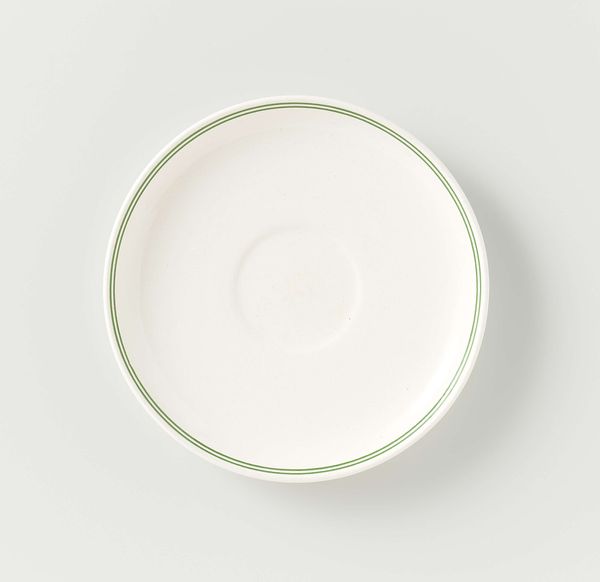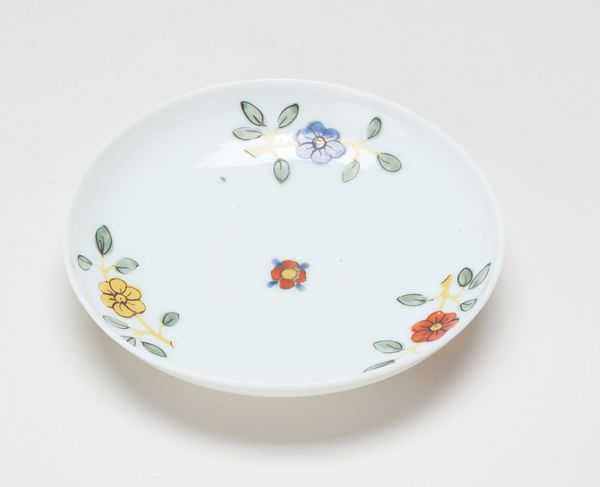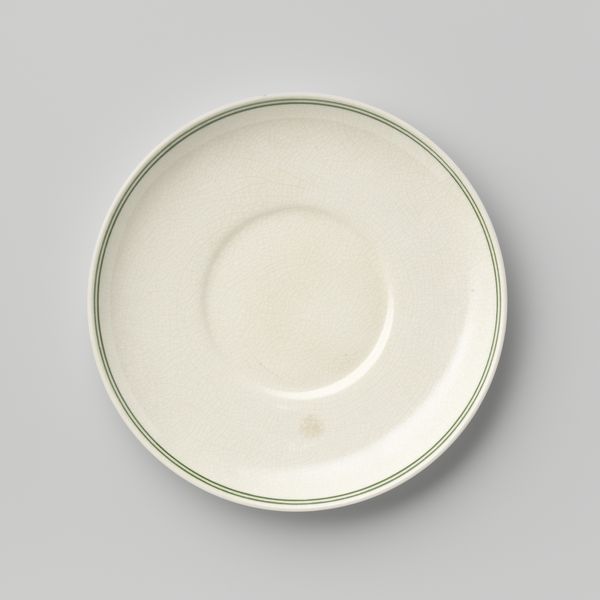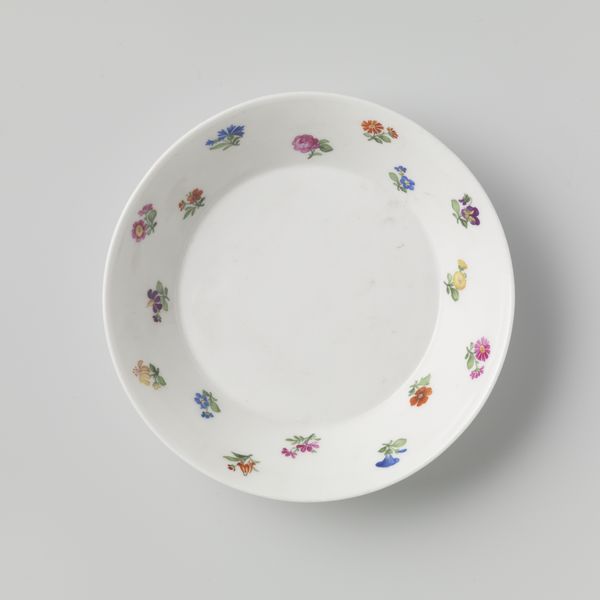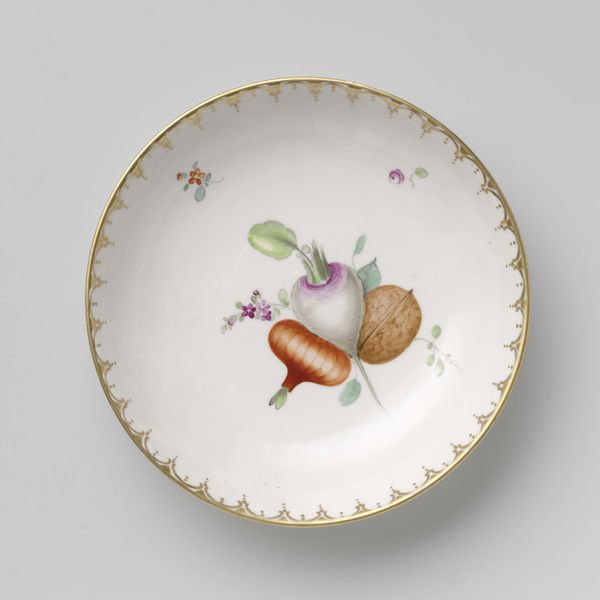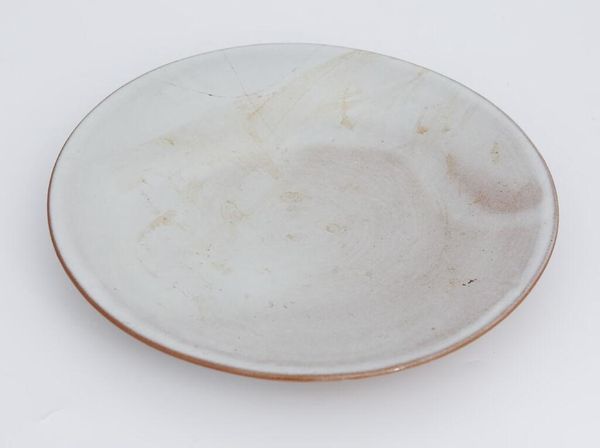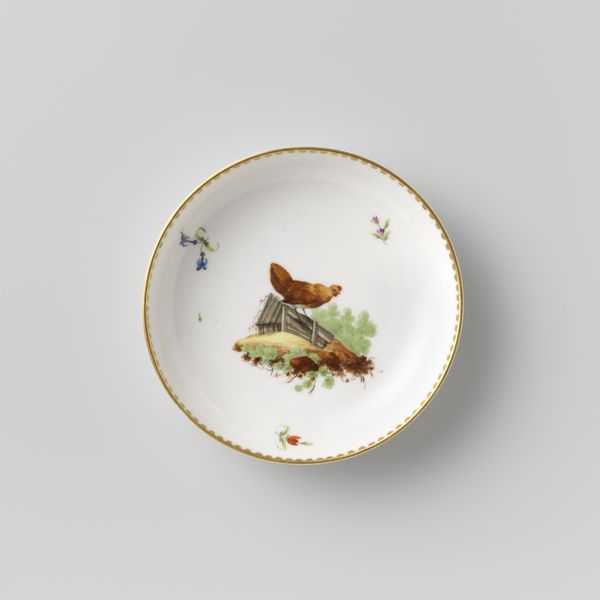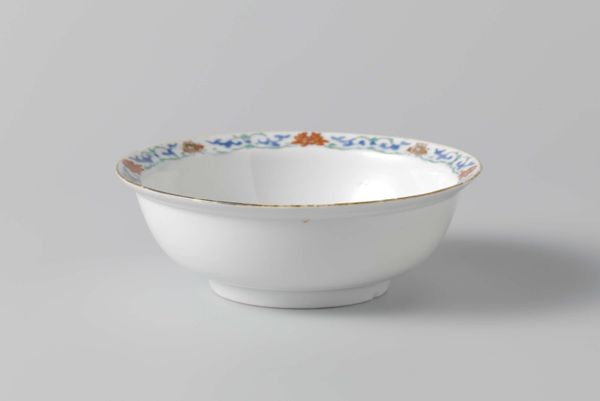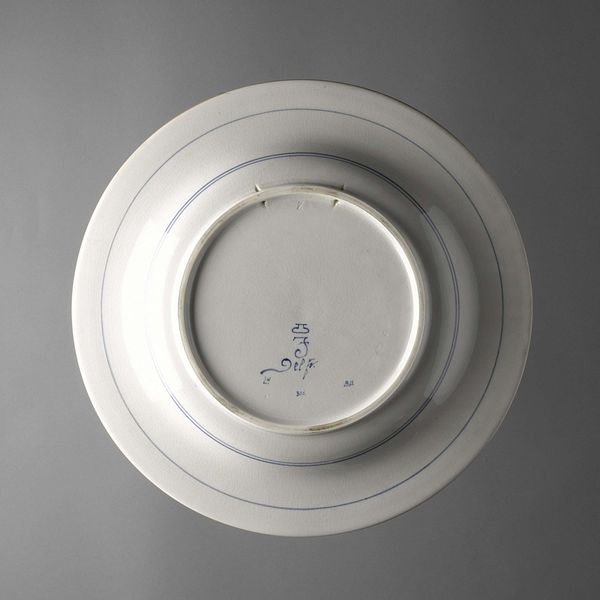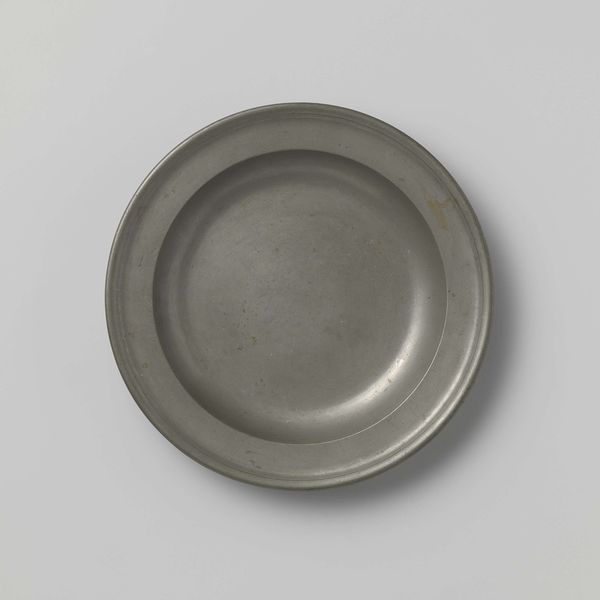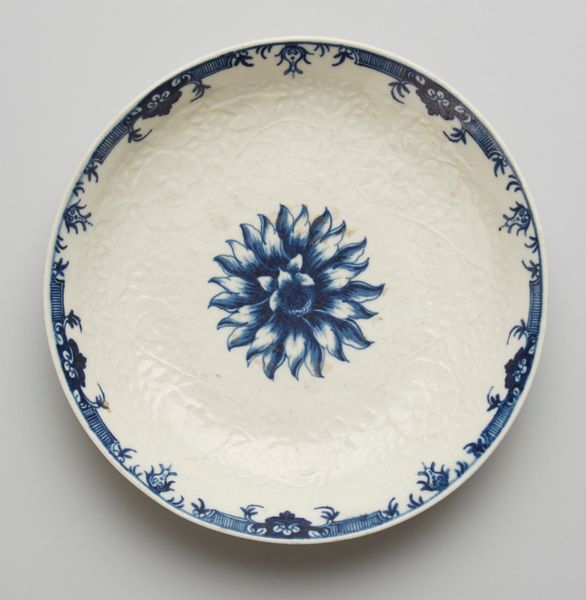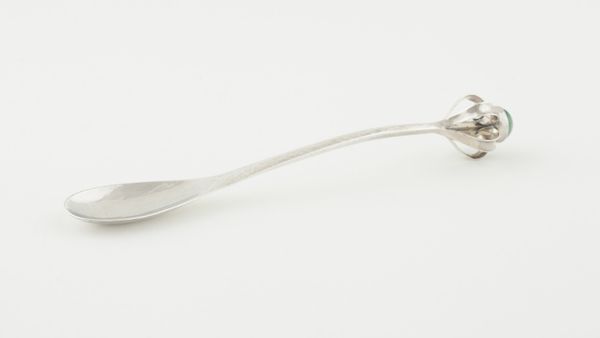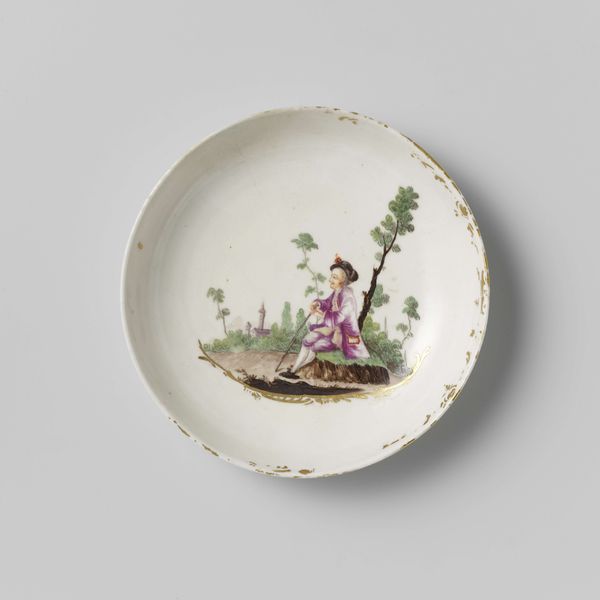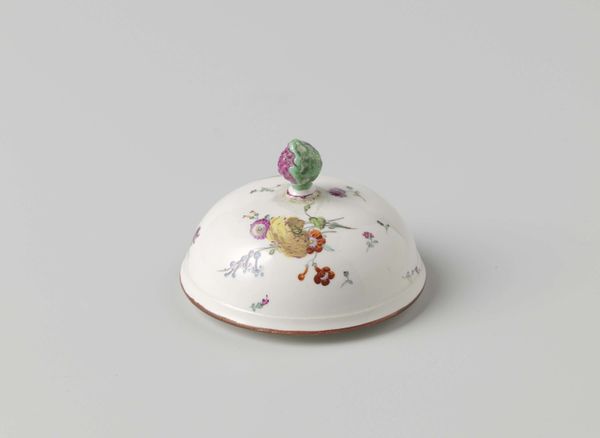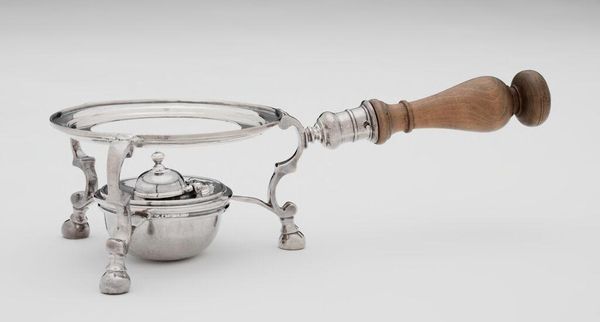
Dimensions: unconfirmed: 690 x 542 x 361 mm
Copyright: © DACS, 2014 | CC-BY-NC-ND 4.0 DEED, Photo: Tate
Curator: Daniel Spoerri’s intriguing assemblage, "Prose Poems," presents a collection of everyday objects on a wooden board. What's your immediate impression? Editor: It feels like a forgotten still life, a modern-day memento mori arranged with mundane objects. The lone crumb on the plate is especially evocative. Curator: Spoerri, born in 1930, is known for his "snare pictures," where he fixes meals or gatherings to a surface. It challenges the distinction between art and the everyday act of eating. Editor: The remnants of a meal, a book, even a crumpled wrapper, frozen in time... each object speaks volumes. Are they symbols of consumption, or perhaps fragments of a personal narrative? Curator: Perhaps both. By using these materials, Spoerri is exploring how we assign value and meaning through the act of collecting and displaying. Editor: I see cycles—consumption, waste, and preservation. It makes you consider the hidden stories within ordinary things. Curator: Indeed. Spoerri asks us to consider the poetry inherent in the discarded, the leftover, the routinely overlooked. Editor: It certainly makes you rethink your own relationship to the objects around you, doesn't it? I'll be more observant during my next meal.
Comments
Join the conversation
Join millions of artists and users on Artera today and experience the ultimate creative platform.
tate 10 months ago
⋮
Spoerri called his relief works tableaux-pièges (picture-traps), because they involved fixing or 'snaring' objects found in chance positions on table tops or in drawers. These were hung vertically on a wall, like conventional pictures, and were intended to create visual discomfort in the viewer. In this work, the remains of a meal are preserved on a wooden board that the artist used as a table while living in a small room in a Paris hotel. The title derives from the book by the Swiss poet Robert Walser (Dichtungen in Prosa, or 'Poems in Prose'). Gallery label, August 2004
